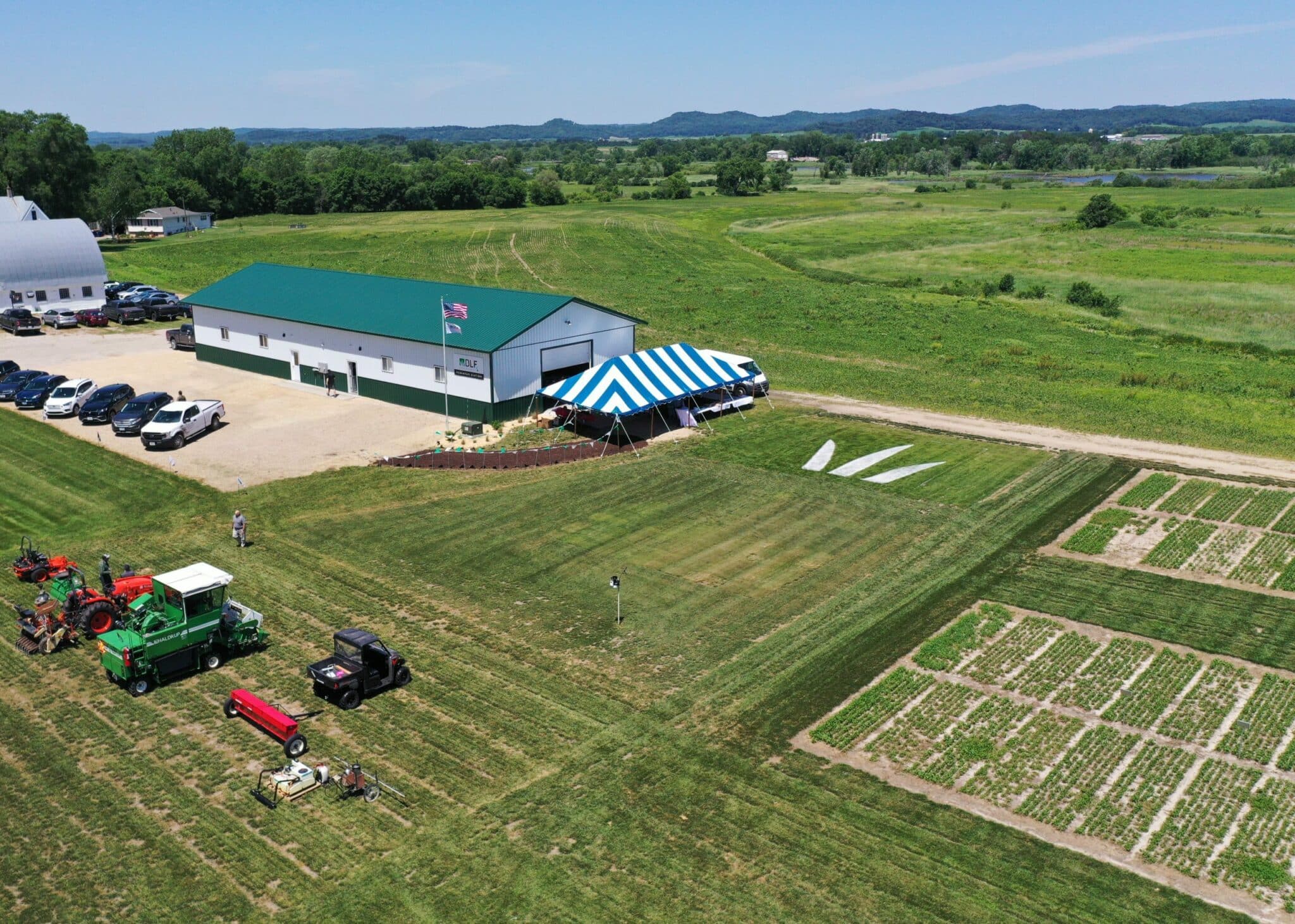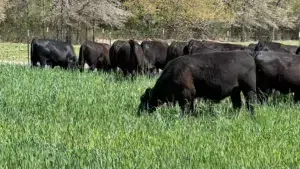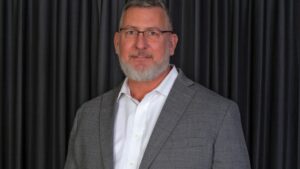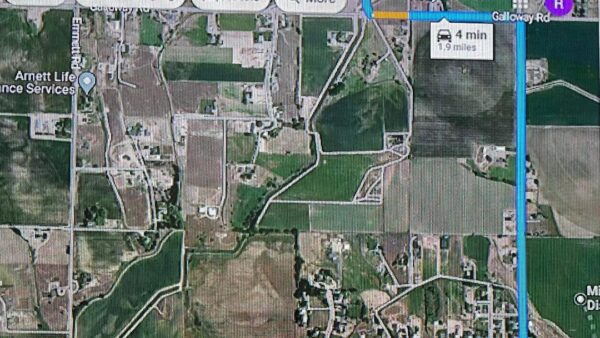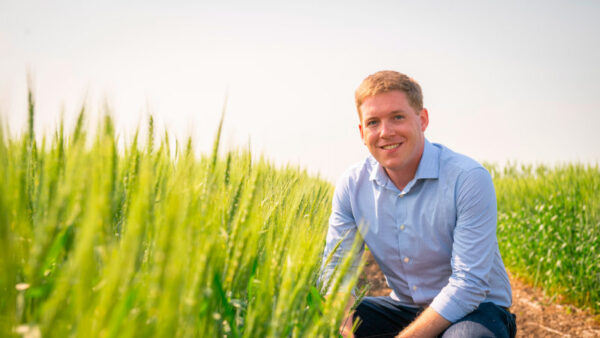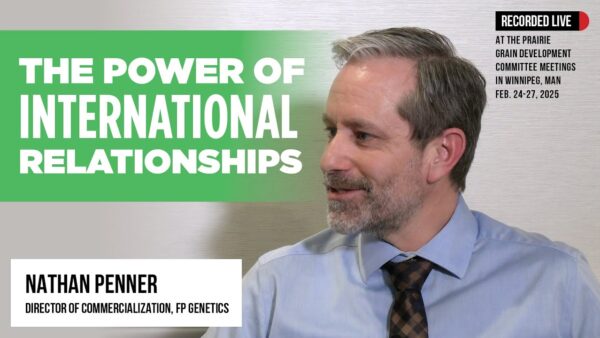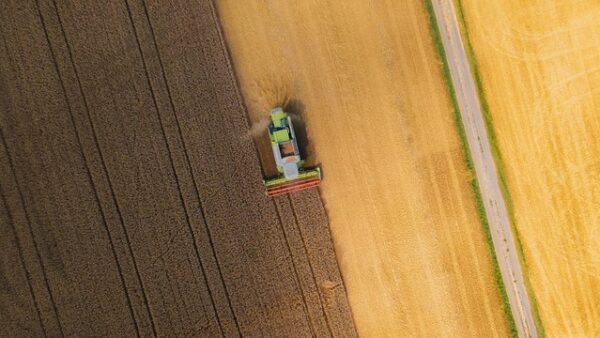DLF recently welcomed forage distribution partners to an inaugural DLF Seed Camp at its new, 30-acre research station in Bangor, Wisconsin.
Located 15 miles from La Crosse, Wisconsin, the sandy soil profile of the site allows for a more natural evaluation of drought tolerance and nitrogen efficiency. Likewise, its geographical location enables researchers to collect data on seed yield, disease resistance, and cold tolerance, all of which are important characteristics for farmers to consider when selecting seed.
Currently, there are 10 different species of forage grasses, four species of turf grasses, and two species of legumes being evaluated. In total, there are over 1,700 individual trial plots presently, which includes products DLF currently has on the market and those that are in its research pipeline.
The Seed Camp event showcased DLF’s extensive research infrastructure and introduced attendees to the team developing some of the most genetically-advanced varieties in North America. Steve Reid, head of R&D, and Matt Anderson, head of product management, shared updates about DLF research activities and led a tour of the forage trial plots.
“It was a great opportunity to connect our forage distribution partners with the expertise within our company,” said Reid. “R&D continues to be at the forefront as we look to help our customers grow across North America”.
The full day of education also included presentations from Debbie Cherney, professor of forage utilization and quality nutritionist at Cornell University, Mike Rankin, managing editor of Hay & Forage Grower Magazine, and Brian Jaasko, director of DLF operations and seed enhancements. Cherney shared data about fiber digestibility and the benefits of improved forage grasses for livestock, Rankin highlighted emerging trends in the forage market, and Mr. Jaasko shared insights about seed enhancements and coatings.


